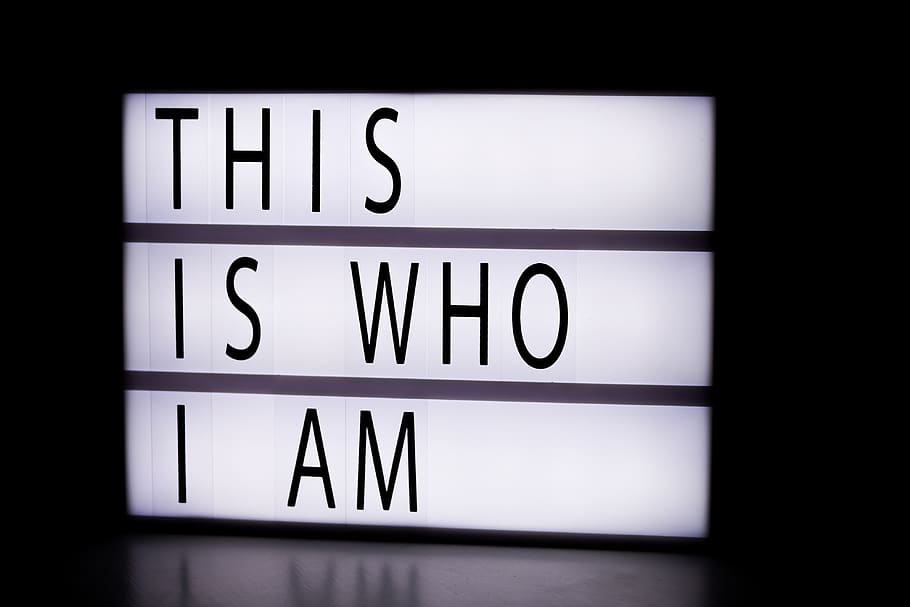
Yesterday on Twitter I identified myself as a “gay, liberal, agnostic Christian mystic,” and it got a lot of attention. I had people DMing me and texting me, asking me to talk a little bit more about that. Some people despise labels and do everything they can to avoid them, but language has always been so important to me, and I actually find comfort in being able to articulate who I am. I think after a lifetime of denying reality, there is great power for me in acknowledging reality. I am who I am, and when I tell the truth about that, I find that Jesus’s words ring true: I am set free.
So yeah, I’m “gay.” But I suspect you know that by now. It’s a relatively straightforward descriptor. I am romantically and sexually attracted to other men. It’s a perfectly natural, normal and healthy thing. As Catholic theologian James Alison puts it, “We now know something objectively true about humans that we didn’t know before: that there is a regularly occurring, non-pathological minority variant in the human condition, independent of culture, habitat, religion, education, or customs, which we currently call ‘being gay’.”
“Liberal” is a little more challenging to define, and I suppose it can be defined in many ways. I like the definition I found in the Merriam-Webster dictionary: “Not bound by authoritarianism, orthodoxy, or traditional forms.” And this one from Oxford: “Willing to respect or accept behavior or opinions different from one’s own; open to new ideas.” Not too long ago, someone I love told me that I was “narrow-minded,” and I’m still hurt by it. The reality is that I have done my absolute best over the last 35 years or so to listen to all perspectives, to open my heart and my mind to people who have vastly different backgrounds and experiences from mine, and to acknowledge that I could be wrong about even the convictions that I hold dear. I think “liberal” works to describe my perspective on reality.
I’m gonna go out of order and tackle “mystic” next. I appreciated this article from O Magazine. Although mystics may approach God in many different ways, “truth-seeking and dedication to making a firsthand connection with a higher power are the consistent themes.” For me, it means that I have had experiences with the Divine that I cannot explain – and that I value (and seek) a personal relationship with God. My experiences of God are absolutely foundational to my faith.
And now we come to the most important word: “Christian.” What can I say about this part of my identity? As I’ve written before, I’ve always loved and followed Jesus, from the time I was a young child. I was born into the family of my grandfather, a United Methodist minister. I went to Christian schools from 2nd grade through college. I was a credentialed minister in the Evangelical Covenant Church for 16 years. I have been baptized, not once, not twice, but three times. Every year of my life has been framed by Advent, Christmas, Epiphany, Lent, Easter and Ordinary Time. I was born again as a young child, and I’ve been loving and following Jesus ever since. This is the water in which I swim, and I cannot imagine another spiritual path. While I acknowledge the beauty in other faith traditions, I cannot deny that my heart belongs to Jesus. I am a Christian, through and through. As Peter said to Jesus in John 6: “Lord, to whom shall we go? You have the words of eternal life. We have come to believe and to know that you are the Holy One of God.”
And now we come to the final word, and the one that seems to confuse people the most: “Agnostic.” For me, claiming the title of agnostic is simply being honest. When I was a fundamentalist, I thought I had to KNOW that God was real and that my theology, my understanding of God, was factually true. For me, and I think for many fundamentalist Christians, it was and is absolutely imperative that there be no shadow of a doubt. So when I say that I’m an agnostic, I simply mean that I don’t know. I don’t know – factually – that God even exists. There is no empirical evidence that God exists, no data beyond personal experience and testimony. For me, it’s simple intellectual honesty that compels me to say that I don’t know, that I could be wrong. Don’t get me wrong: I live my life as if God is real, as if Jesus is the Son of God and that we can find hope and life and meaning in him. I hope and pray that there is more to life than these “momentary carbon stories” (as Gungor so beautifully put it in “I Am Mountain“), and I believe that I really have experienced the Divine on this beautiful Christian path. I love Jesus, and I love to invite others to find meaning, purpose and beauty in him too.
I know it’s unusual to find a Christian pastor who will admit that he doesn’t know if God even exists. But I am committed to radical honesty, and I hope that my honesty will help you to tell the truth in your life too. As a credentialed minister in evangelical churches for nearly 20 years, I often found myself in a state of acute cognitive dissonance, trying hard to make myself believe the things I was supposed to believe. I’m so grateful to be pastoring a church like The Quest where I can be honest about everything.
I love this, from writer Anne Lamott: “I have a lot of faith. But I am also afraid a lot, and have no real certainty about anything. I remembered something Father Tom had told me – that the opposite of faith is not doubt, but certainty. Certainty is missing the point entirely. Faith includes noticing the mess, the emptiness and discomfort, and letting it be there until some light returns.”
My prayer for all of us is that we can pursue the truth in every area of our lives. And I hope and pray that God will meet us in our doubt, in our faith and in our honesty. The truth, after all, is supposed to set us free. May it be so.
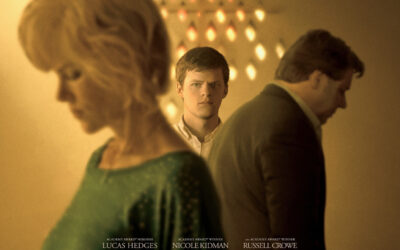
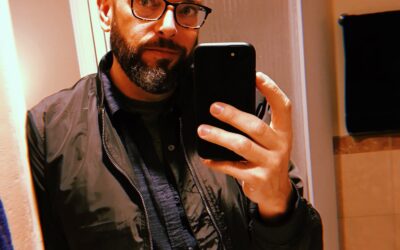
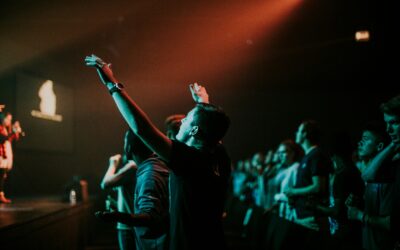


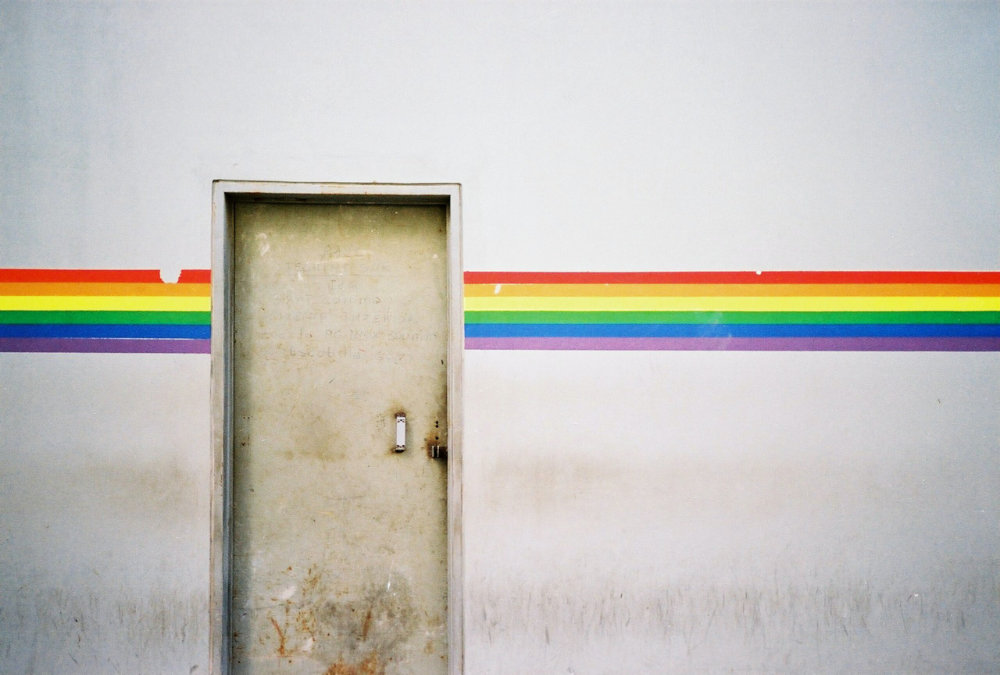
I love this Matt! Thanks for so elequently describing yourself. I think I could pretty much copy & paste that about my life too! Much love from NZ.
Hi Mr. Nightingale,
My name is Eddie from down in San Diego County. I actually came across a tweet you posted that someone I follow reposted, and down the rabbit hole I went, stumbled upon this article.
I’m a 34 y/o single straight man with an 8 y/o daughter. I was not born into a religious family, and was raised with very minimal spirituality. In my teens, my curiosity of the universe around, and my questions for a potential Creator multiplied by the minute.
I’ve been on a search for God, from Buddha to Christ, evangelical to the non-denominational, but my personal ideologies would always find hang ups the various religions I’ve looked into.
I’m a progressive leaning guy, and the anti-LGBTQ language is something that’s always kept me from being able to fully engage in Christianity.
The reason why I’m writing you, aside from just wanting to introduce myself, is if you have any advice or words of wisdom for me on my continued search for the divine, I would love to hear it.
Stay safe and healthy out there.
Sincerely,
Eddie